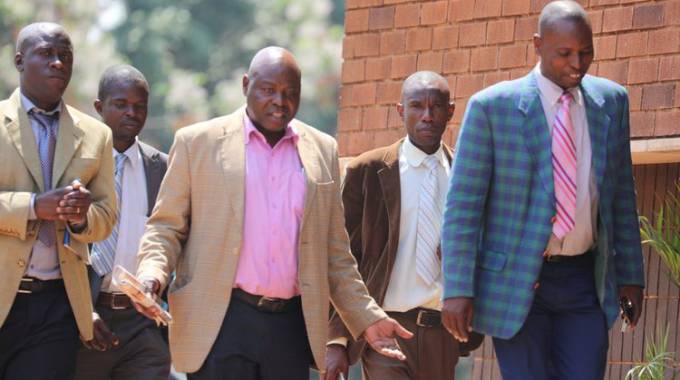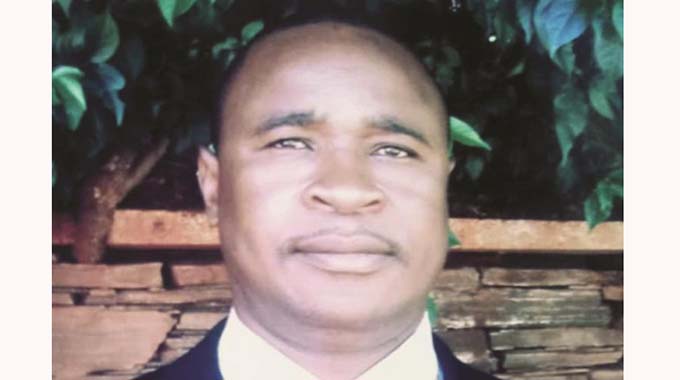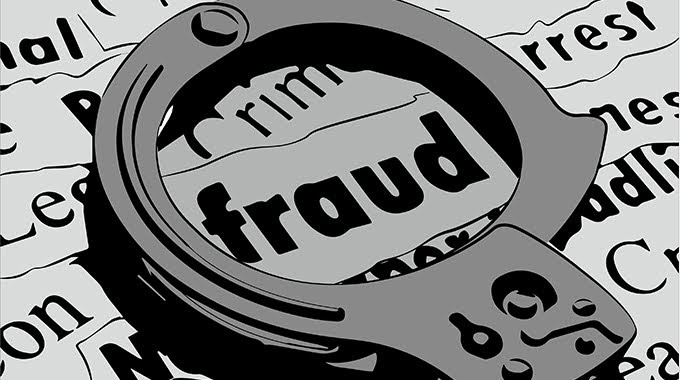Sports Commission boss in court

Tendai Rupapa Senior Court Reporter
SPORT and Recreation Commission acting director-general Joseph Muchechetere, who was arrested on Tuesday, appeared in court yesterday facing two counts of abuse of office.
In a development that could open the lid on problems rocking the sport regulatory body, Muchechetere was the first high-profile figure at the Sports Commission to be picked up by police following a probe by the Zimbabwe Anti-Corruption Commission.
According to the initial court outline, it is alleged Muchechetere took advantage of his position and failed to implement the resolutions of the 2015 SRC board, which mandated him to dissolve the then ZIFA board and appoint an interim board.
Muchechetere allegedly showed favour to the former ZIFA board, led by Cuthbert Dube, and allowed them to continue holding office.
On the other count, Muchechetere allegedly opened two bank accounts which were parallel to those of the SRC accounts, where he received donated funds amounting to $2 132 384.
Muchechetere, who appeared before Harare magistrate Rumbidzai Mugwagwa, allegedly used the funds to implement SRC projects.
Mugwagwa granted Muchechetere, who is 58, $200 bail and remanded him to October 11.
Prosecuting, Sebastian Mutizirwa alleged that on February 7 2008, SRC entered into a tripartite cooperation agreement with the funders, namely Norwegian Olympic and Paralympic Committee and Confederation of Sports and the United Nations Children’s Fund, for community sport development and youth education through sport, in Zimbabwe.
During the same period, the Community Sport Development Programme Department was formed within the SRC to oversee the implementation of the project.
It is alleged that between 2009 and 2015, Muchechetere caused the opening of two bank accounts parallel to those of the SRC where donated funds were banked.
He went on to manage and approve the finances of CSDP outside the normal system of SRC finance department, which is contrary to the SRC Act, the State alleged.
As a result, through these bank accounts, Muchechetere received a total of $2 132 384 from the funders, which he is alleged to have used to implement the project.
The Sports Commission’s CSDP was a project wholly funded by NIF from 2008, while UNICEF was an implementing partner which was working directly with SRC.
UNICEF were initially overseeing the project funds and NIF were sending evaluators annually after completion of each project cycle in order to evaluate success.
UNICEF, however, then pulled out of the partnership after disagreement on technicalities of the funding use and reporting system.
It has also emerged that the CSDP had a separate account from the SRC account and it was being audited separately although questions were previously raised over a shadowy deal in which the Sports Commission ended up “borrowing” funds from CSDP “and not paying it back’’.
An audit report prepared by a Harare chartered accountancy firm recently raised stink in the manner in which the Sports Commission has been managed in the last two years, with the audit firm also warning on the sustainability of the sports body as a going concern.
The audit also exposed the same Sports Commission that has been quick to invoke statutory regulations on associations, flouting other statutes such as payments to ZIMRA and NSSA, which they have not been remitting.
The same audit revealed that the Sports Commission were technically insolvent, with liabilities far exceeding the body’s current assets.
The court also heard that Muchechetere showed favour to the Dube-led ZIFA board by allowing them to continue holding office despite a board resolution mandating him to dissolve the board.
It has also emerged that the Ministry of Youth, Sport, Arts and Recreation, who are unhappy with the manner in which the Sports Commission is being managed, also raised their concerns with ZACC, who have stepped up their act and are also now probing some questionable transactions at the regulatory body which is funded largely from a Government grant.










Comments